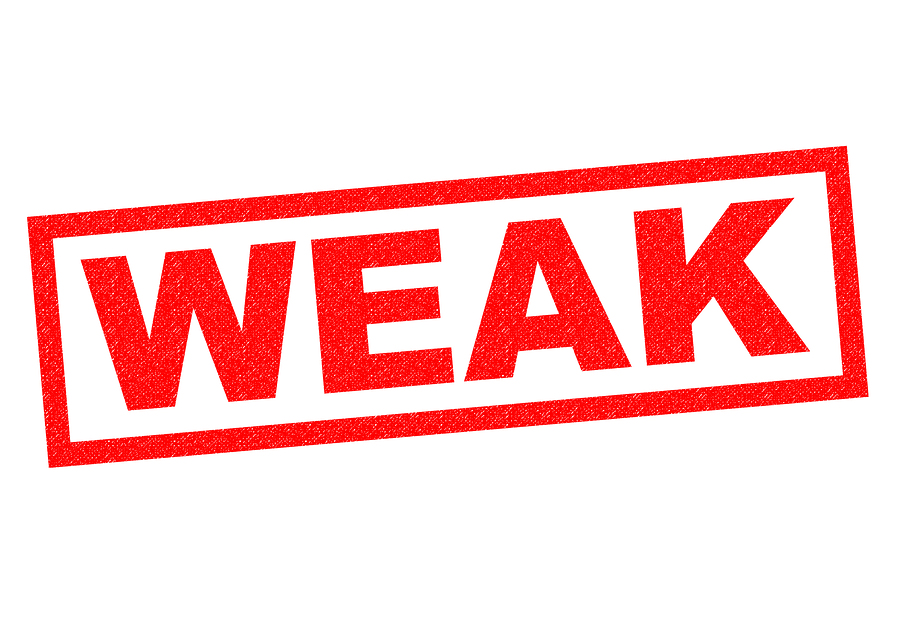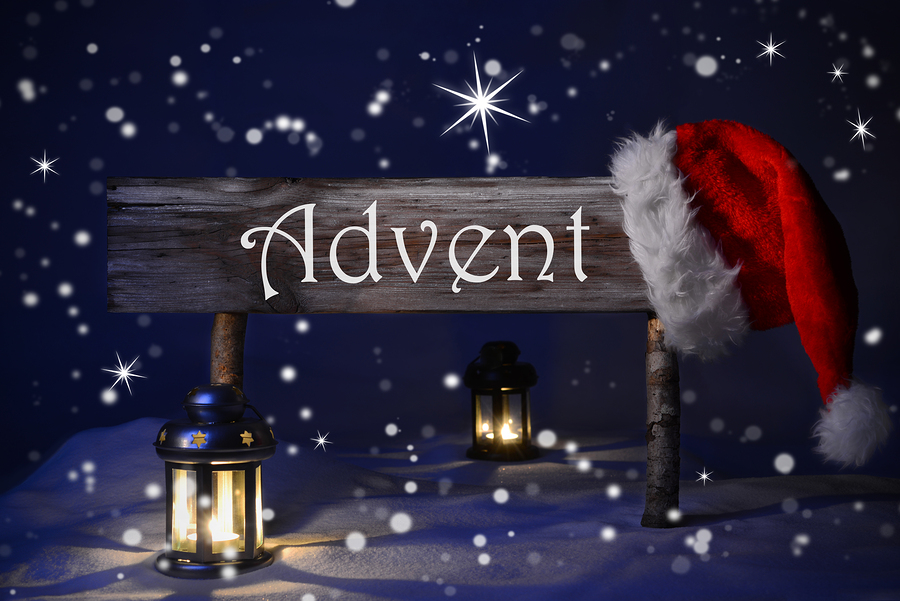Sometimes when I hear certain statements spoken, what I understand is probably different than what was intended by the other person. I do a quick translation in my head, based on experience.
For instance, whenever someone says to me, “It’s just business,” I prepare myself to be cheated, lied-to and taken advantage of. “It’s just business” is a disclaimer intended to make one party feel better about their bad behavior. In my opinion.
Whenever someone says “It’s not about the money,” it is about the money.
In book publishing circles, the most common mis-communicated phrase has to be, “It’s not personal.”
Of course it’s personal.
It was your manuscript rejected and your platform not big enough. Your blood, sweat, tears and time. It was about you and no one can talk you out of it. It hurts deeply.
At this point, I am not going to give you a “There, there, keep your chin up,” message or attempt to convince you it is not personal. Of course it is.
Sometimes, but not always, when a publisher or agent declines a proposal for lack of a marketing platform it is simply their less-personal way of saying, “I didn’t like the writing.” Blaming the platform is more objective than subjective and therefore, less personal.
Most of the time it is lack of platform. You can’t deny you only have 124 Facebook connections and the agent or publisher is looking for 124,000. But writing quality could be argued and be made personal, so we’ll use the platform reason to decline.
To be clear, great writing of a great concept will sometimes be published without a sufficient platform behind it. Those exceptions make this situation even more complicated.
Let me explain it a little and try to calm that throbbing pain in your head.
A common weakness of writers everywhere is an acute lack of understanding that they are in a highly competitive environment and it is getting more competitive every day.
While writing is a solitary pursuit, getting a book published successfully is anything but solitary. Even the most experienced authors have no real sense that their book is swimming in a virtual sea of other books.
At one point in publishing history (less than ten years ago), it was a competition simply to be published. There were twenty times the number of aspiring authors than the number of books published and there was nothing you could do about it.
Now with indie publishing, being published is something anyone can simply decide to do. With more titles published directly by authors than by traditional publishers, the competition shifts to a thing called “discoverability.” There are so many books available for readers there are now twice as many options for readers than ever before, making the battle for attention even more competitive.
Understanding competition in the publishing process is the most important issue for authors. How well you write, what you write about, how you organize your work, how you position yourself in your platform…everything you do will be evaluated in competition with something or someone else.
Your great idea might be someone else’ idea as well and maybe they might write faster and better than you.
Even agents feel the competition. At one time or another, every agent has been blindsided when they pitch what they believe to be a unique and strong proposal to publishers only to be declined because the editors say, “I’ve got seven more just like it on my desk.”
Pick a subject and there are multiple new books on that subject, covering it from a variety of angles, maybe slightly different than yours, but still similar in the eyes of an agent, a publisher and yes, a reader.
Did you ever play a board game for fun with a group and realize one or more of the others playing was treating it like a death-match?
“Hey, come on, it’s just Chutes and Ladders. Relax.”
That’s publishing. You have an idea, you are inspired to develop it. Everyone is encouraging and you press on. You are energized, happy and enjoying yourself. It is fun.
But when it leaves your hand (or computer), every step along the way the book is evaluated against competition. There is friction at every turn. There are critical “chutes” and literary “ladders” to climb and the fun just left the game.
An avid book reader will read about 5-10 books per year. So, of the 700,000 new books published by traditional and indie methods each year in the U.S. alone, you are hoping you are the one in 100,000 that an avid book reader will notice. For the mega-reader of 50-100 books per year, your odds of being read improve to one in 10,000.
And that doesn’t count the millions of books already published.
Spending time at a casino is starting to look like a better way to make a living.
But “published author” looks better on your social media profile than “competitive gambler.”



 Avoid Weak Words
Avoid Weak Words

It’s personal, but then I close my eyes and go back to a place, a sleepy little village in what would pass for a tropical paradise.
Except that it was a bit too sleepy, as the inhabitants were dead, either because they went to the wrong church or just to make a point. I never figured out which, and it didn’t matter.
The writing thing’s not personal any more.
Thanks for saying it.
Agents and writers who have hearts and smarts have a rough road.
But at least we travel with friends.
Hi Andrew!!
Hi Beverly!
I love the way you put this – “we travel with friends”.
Without the friends I have made along the writing road, I would be lost indeed. They, and what these friendships have wrought in me, are the payoff.
It is indeed personal.
Great post, Dan. Thank you. You’re right–it is personal.
Thanks for the grim reminder. It helps to keep our biased heads on the ground. “Platform” the dreaded word…any ideas how to improve that low number?
There are lots of ways, but none of them are fast, easy and guaranteed to work. People with strong marketing platforms usually spend as much time and money on the platform as they do writing.
Growing a solid author platform that has responsive connections who want to buy your book can take years to develop fully and is a never-ending process. You never “arrive”.
For most authors, writing and platform quality are of equal importance. They are not mutually exclusive.
Thanks, Dan. As I suspected, no magic wand…
I want to sigh and mope around like Eeyore now. I’ve been hearing variations of, “You have to build your brand, platform, author identity, etc.” for a couple of years. This is a great reminder, but also a glass of cold water to the face.
Here I sat, thinking I was making progress with my 1,600 Twitter followers and 250 web page views (average) a day. And all that before my novel is published.
I appreciate the realistic analysis you bring to this site, Dan, even when it is quite depressing.
Is discoverability any less of an issue for traditionally published than indie published books? If it doesn’t gain traction on Amazon, can any book succeed? I go in the main Christian bookstore in a metro area of 600K, and I might be the only person in the store other than the two older people working the checkout. There used to be two to four college-age sales associates and at least 20 people in the store as recently as 5 years ago. I wonder if it is going to survive.
Since Amazon is key to success, what does a traditional publisher do to help increase sales numbers there?
Platform requires content worth coming for, and I think I know what that can be on my website that will target people interested in the period of my historical novels. I hope to build a Pinterest following among doll aficionados with the period costumes I can design and sew. Many probably like romantic historical novels. The trickiest part will be fabricating Roman armor like helmets, but I’m enough of an engineer that I can do it. Maybe I’ll even build a side business as armorer to the Ken dolls of the world. I hope to reach the magic 5000 fairly quickly, but is that even enough to get considered for fiction by an agent or publisher?
Success with Amazon is not a simple process. Some publishers do very well with it and others not-so-much. The difference? A myriad of business/information/metadata/marketing and technical functions that work together to make sales grow.
Most publishers “get it.”
Every time I hear, “It’s not personal.” I think of the scene in, “You’ve Got Mail,” where Meg Ryan’s character confronts Tom Hanks’ character and declares it IS personal.
I guess as a pre-dubbed writer, the important thing is what do I do after I’m told, “It’s not personal,” or my very personal manuscript is rejected. As you’ve pointed out, people at different places in the industry will see my work differently than I do. Am I going to stay discouraged by a rejection, or will I find a way to move forward?
And yeah, the casinos in Vegas really are rigged. So . . . you may not have any better luck there. 😉
Dan, I keep going back to the scene in the movie, Airplane, where the harried flight controller keeps saying, “Looks like I picked the wrong time to give up…” (smoking, drinking, fill in the blanks–there are lots of repetitions). In my case, it looks like I picked the wrong time to start down this road to writing. Thanks for the post, which, packed within some moments that made me smile, gives a realistic view of what’s going on in the industry now. But I’m sure it’s not personal. : )
Most authors recognize that not everyone is going to love their book. That person is not their audience. So why are we surprised that not every editor or publisher does? Even with fabulous writing the end result can be highly subjective in what tickles an editor/publisher/agent’s fancy just as it is for the readers. So yes, it is personal — highly personal — on both ends much of the time. Yes there is competition as well to consider. I have an author friend whose writing I generally love, but I rejected one of her stories. It just didn’t intrigue me. But I signed the next. We’re still friends. She understood that it’s so subjective and she’s been around long enough to realize that not everyone is going love every story you write. Ultimately you want your editor to be your biggest fan because they are the ones who will be working on your story and the more they love it the more they will invest in it with their time, energy and skill. It’s hard to get that rejection no matter what the reason and as an author- I hate getting them and as an editor I hate sending them. Unfortunately it is a reality. Keep writing. Keep growing in your craft and never give up. And don’t burn bridges in anger if you get a rejection. Those kinds of things will be more memorable than the story you write — no matter how good.
Sobering. I have to wonder if and when the market will become saturated with just too many books. I don’t know a whole lot about marketing, but it does seem like there might just one day be too many books. What then? Do people quit reading ?
Dan,
You might consider adding “Reality-check Giver” to your business card, right under “Agent.” You do have a way of getting right down there to the most basic of the basics! Ouch!
Ha! Wait until you read my post next Tuesday. There might be another job description you will add to my card…
Dan
Great article. I’ve only read one and I am hooked.
Great post Dan. Thanks.
Thanks Dan for clearing up the issue of not taking rejection personally. I thought I wanted to write a book. I had a great idea, at least I thought I did. My first writer’s conference discouraged me to even dip my big toe into the troubled waters of publishing. My boat (platform) would never be big enough to survive those choppy seas. Building a BIG boat takes money, a community of workers who believe in you and a good chunk of time. Is it really worth the effort? A good time to ask yourself what you really want out of writing. Do I want money? Most authors don’t make a fortune. Recognition? Most books are never read. Affirmation? Accept the fact that you will have many rejections that are not “personal”… Writers are crazy people, Don Quixote’s with pens. I might be crazy enough to go at a couple of windmills myself… Who bought into the idea that rejection isn’t personal? I heard that at conferences too. Use it and grow sounds like good advice but not taking it personal sounds unbelievable.
Well said! This sentence sums up for me the challenge of writing for publication: “But when it leaves your hand (or computer), every step along the way the book is evaluated against competition. There is friction at every turn. There are critical “chutes” and literary “ladders” to climb and the fun just left the game.”